Herbs That Grow Well Together
Herbs That Grow Well Together
Growing herbs together can be a great way to save space, attract beneficial insects, and improve the flavor of your food. By pairing herbs that have similar growing conditions and beneficial insect relationships, you can create a thriving herb garden that is both beautiful and productive.
In this blog post, we will discuss some of the best herbs to grow together, as well as some tips for companion planting. We will also provide a list of herbs that should not be planted together.
Why Grow Herbs Together?
There are many reasons why you might want to grow herbs together. Here are a few of the most common benefits:
- Save space: Herbs can be space-efficient plants. By grouping them together, you can create a more compact herb garden.
- Attract beneficial insects: Many herbs attract beneficial insects, such as ladybugs, lacewings, and hoverflies. These insects help to control pests in your garden.
- Improve the flavor of your food: When herbs are grown near each other, their flavors can blend together, creating a more complex and flavorful dish.
- Protect each other from pests and diseases: Some herbs have natural pest-repelling properties. By planting these herbs near each other, you can help to protect your entire herb garden from pests and diseases.
How to Choose Herbs to Grow Together
When choosing herbs to grow together, there are a few factors you should keep in mind:
- Growing conditions: Make sure to choose herbs that have similar growing conditions. For example, if you live in a hot, dry climate, you will want to choose herbs that are drought-tolerant.
- Beneficial insect relationships: Some herbs attract beneficial insects, while others repel pests. By planting these herbs together, you can create a more balanced ecosystem in your garden.
- Flavor: If you are planning to use your herbs in cooking, you may want to choose herbs that have complementary flavors. For example, basil and tomatoes go well together, as do oregano and peppers.
Here are some of the best herbs to grow together:
- Basil and tomatoes: Basil and tomatoes are a classic combination. The basil's sweet, peppery flavor complements the tomato's acidity.
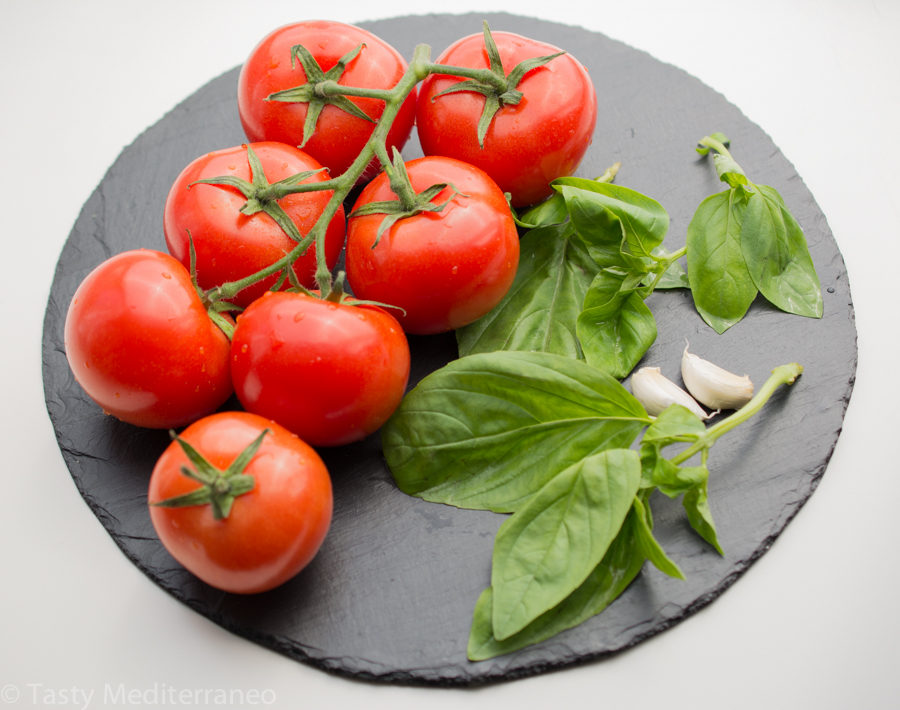
- Oregano and peppers: Oregano and peppers are another great pairing. The oregano's strong, savory flavor enhances the pepper's heat.
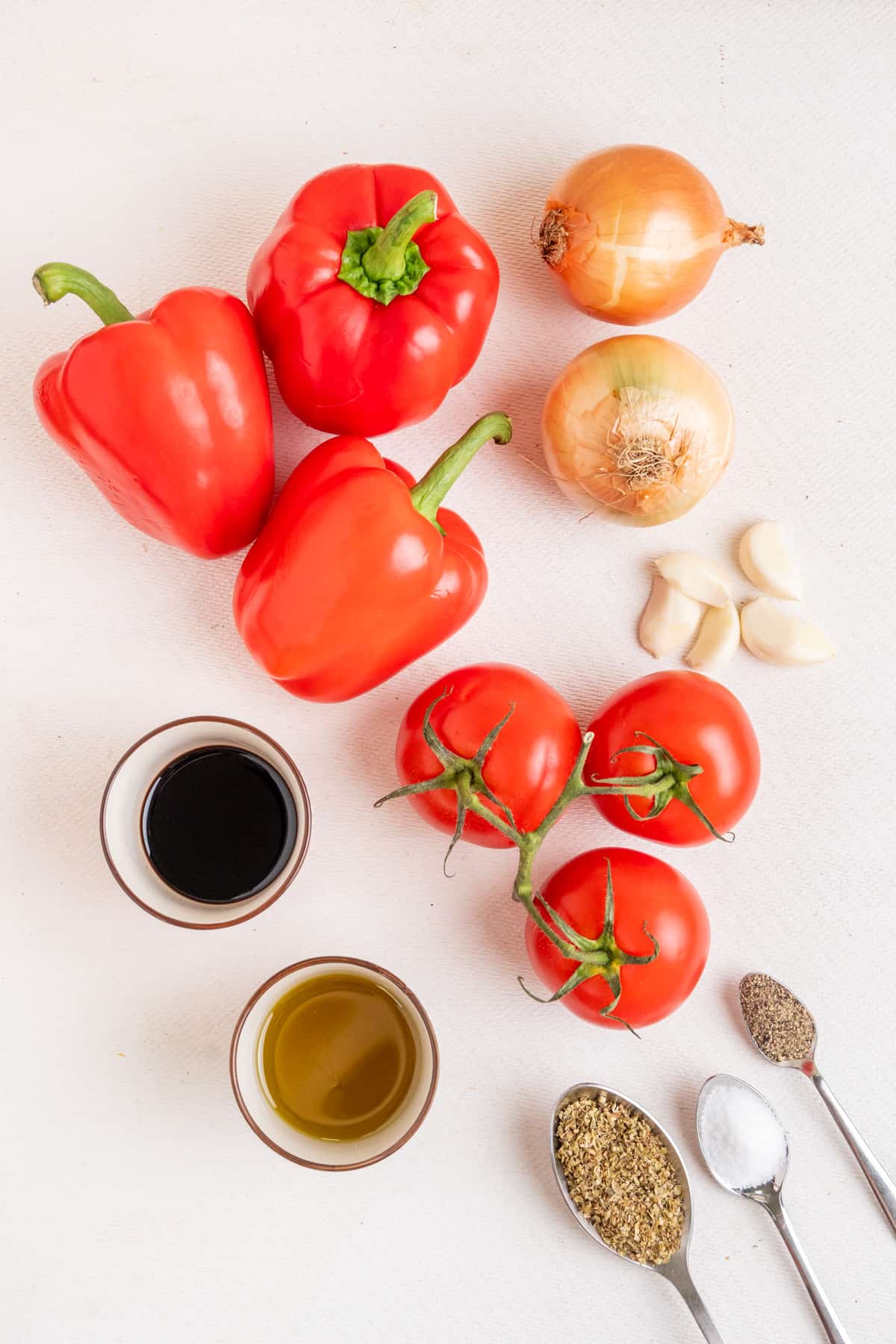
- Chives and carrots: Chives and carrots are a good choice for companion planting. The chives' strong scent helps to repel carrot flies, which are a common pest of carrots.
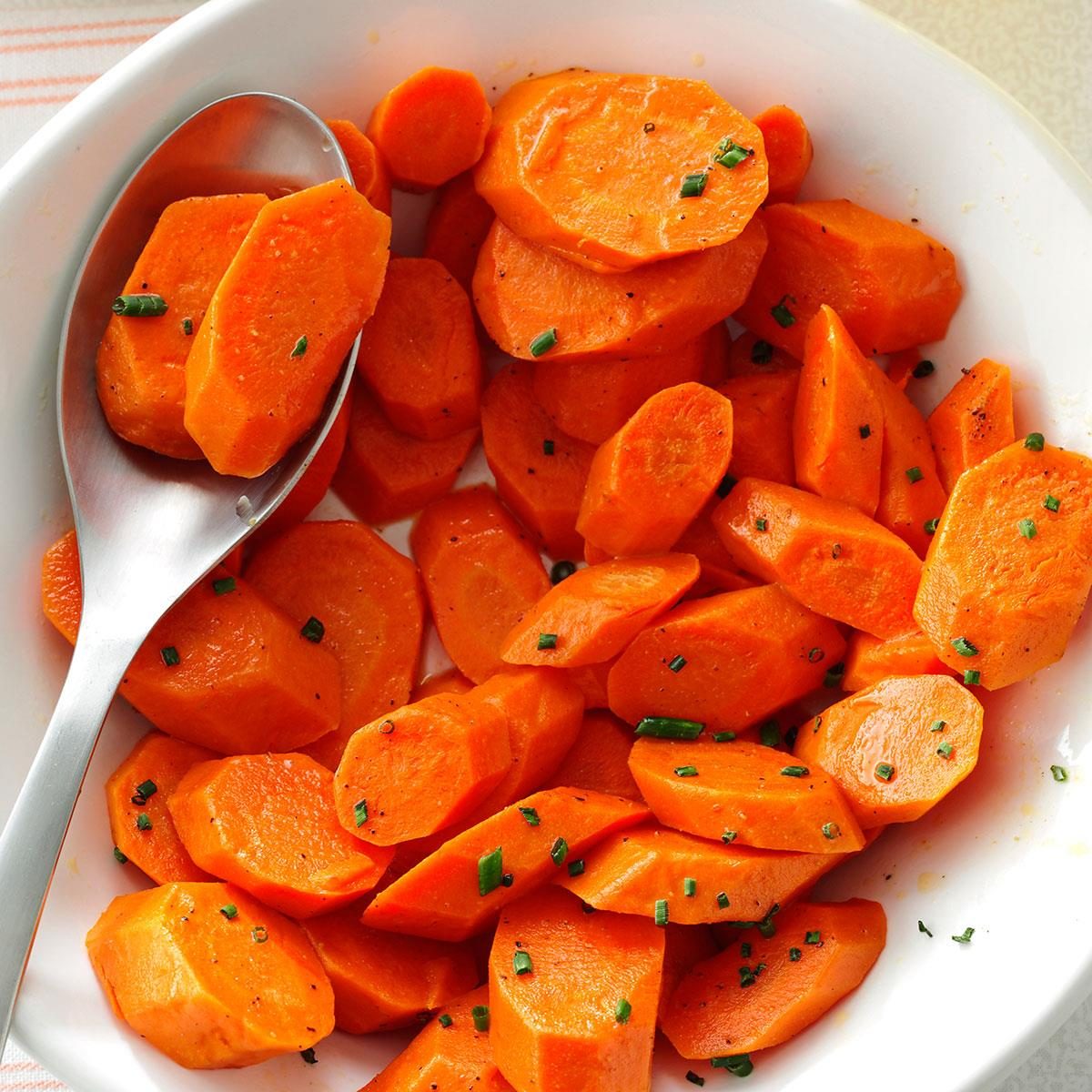
- Parsley and beans: Parsley and beans are a mutually beneficial pairing. The parsley's roots release nitrogen into the soil, which is beneficial to beans. Beans, in turn, help to suppress weeds around the parsley.
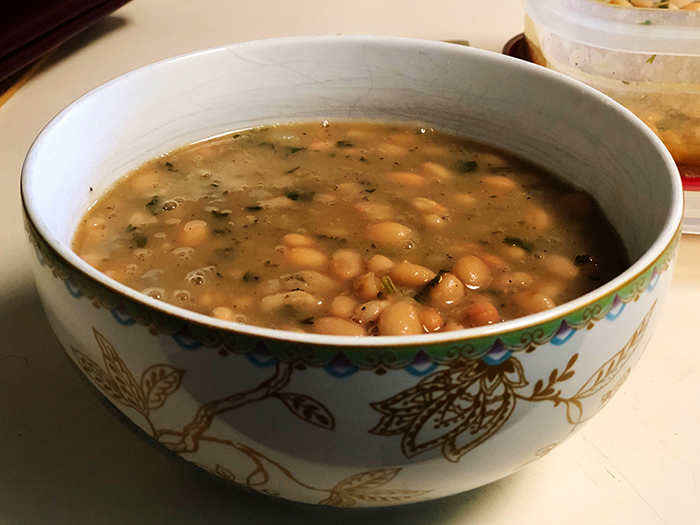
- Rosemary and lavender: Rosemary and lavender are both drought-tolerant herbs that can be grown in full sun. They also have a lovely fragrance that will make your garden smell amazing.
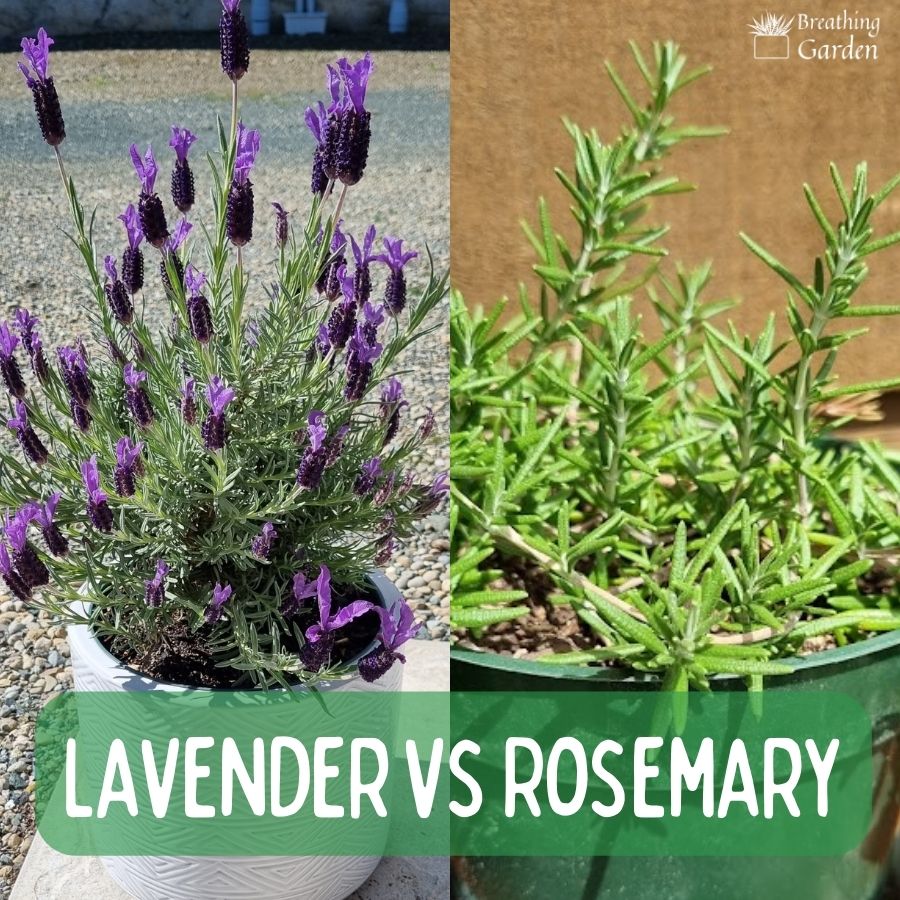
Here are some herbs that should not be planted together:
- Fennel and carrots: Fennel's strong scent can stunt the growth of carrots.
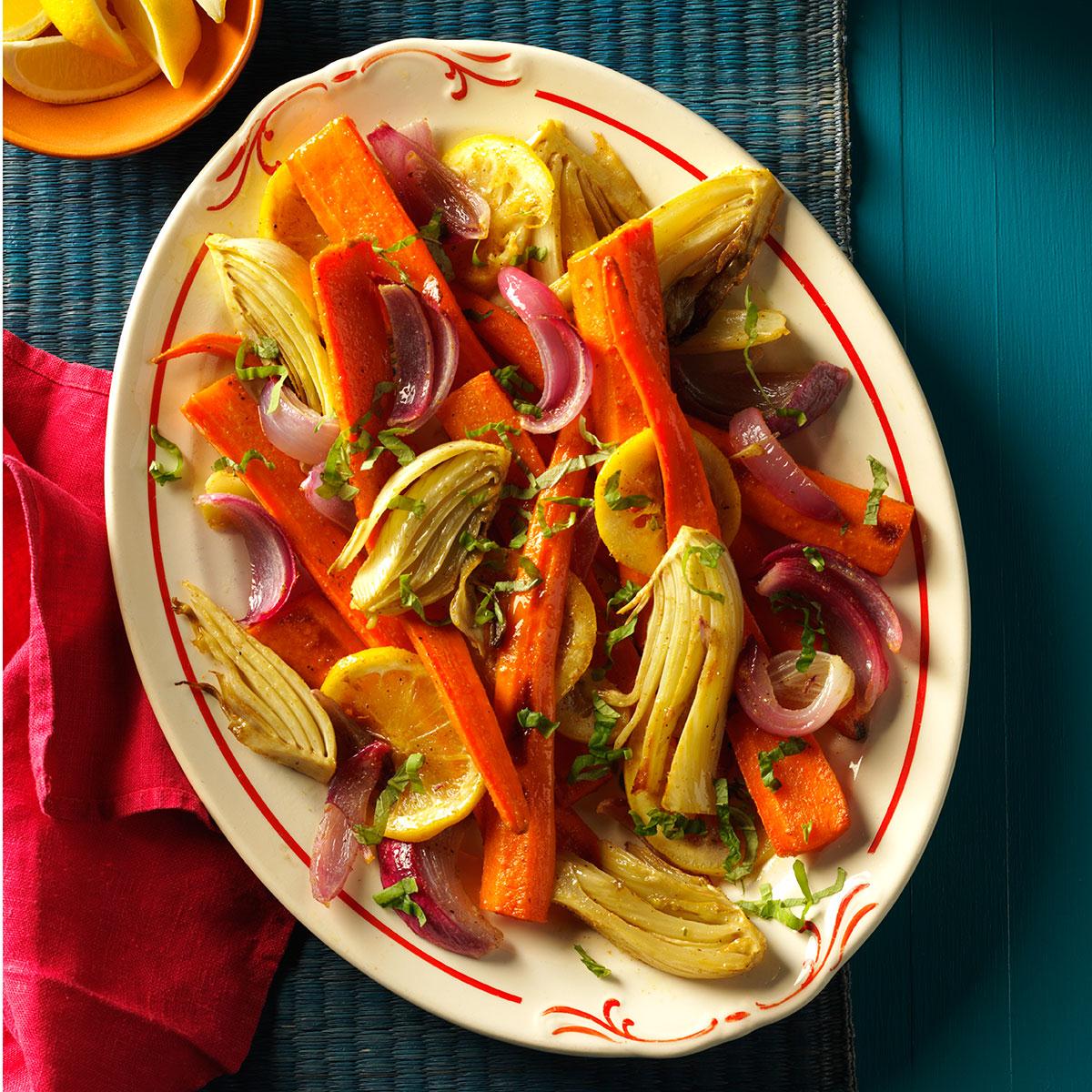
- Anise and dill: Anise and dill are both members of the carrot family, and they can cross-pollinate. This can result in seeds that do not produce true to type.
- Sage and rue: Sage and rue are both strong-scented herbs, and they can compete for resources.

- Mint and other herbs: Mint is a very aggressive grower, and it can quickly crowd out other herbs. If you want to grow mint, it is best to plant it in its own pot or container.
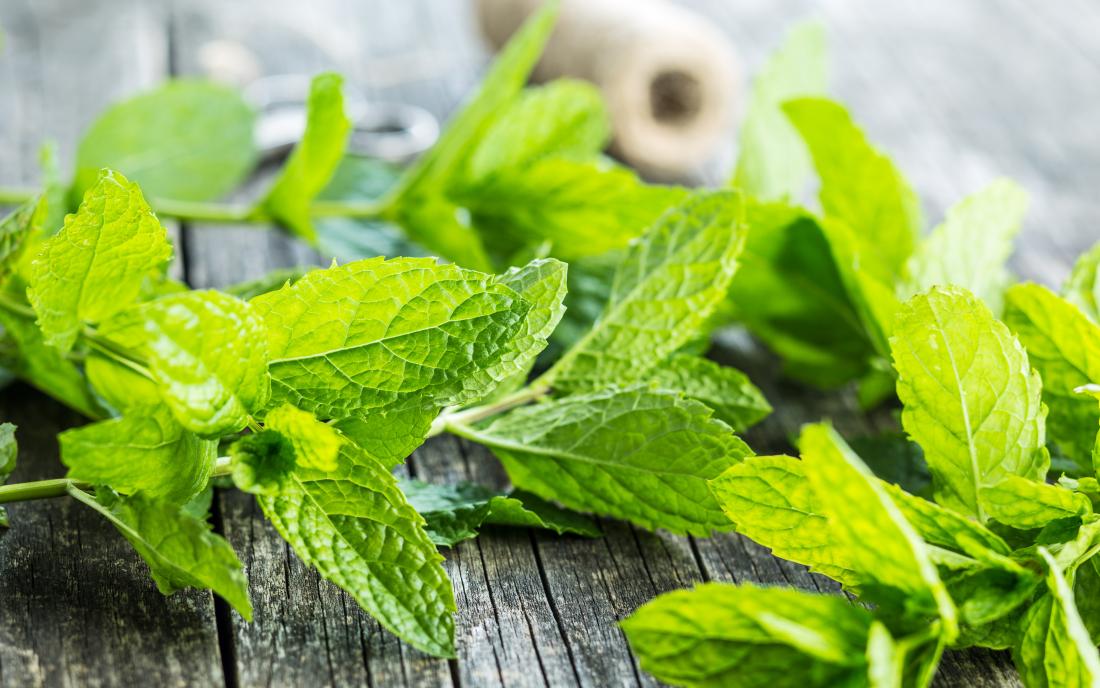
Conclusion
Growing herbs together can be a great way to save space, attract beneficial insects, and improve the flavor of your food. By following the tips in this blog post, you can create a thriving herb garden that is both beautiful and productive.
Are you thinking about planting herbs in your garden? If so, you'll want to do your research to make sure you're pairing the right herbs together. Some herbs, like mint and basil, can be quite aggressive and crowd out other plants. Others, like rosemary and thyme, need full sun and well-drained soil, while herbs like parsley and cilantro prefer partial shade and moist soil.
To find out which herbs are compatible with each other, I recommend visiting Gardenia Inspiration. This website has a comprehensive database of herbs and their growing requirements. You can search by herb name, growing condition, or even culinary use. The website also provides helpful tips on companion planting, which is the practice of planting certain herbs together to benefit each other.
For example, basil can help to repel pests from tomatoes, while chives can help to improve the flavor of carrots. Rosemary and lavender can help to deter rabbits and deer, while mint can help to attract beneficial insects.
By planting the right herbs together, you can create a thriving and productive herb garden. So what are you waiting for? Visit Gardenia Inspiration today to learn more about herbs to plant together!
FAQ of herbs to plant together
- What herbs can I plant together?
There are many herbs that can be planted together, but some of the most popular pairings include:
- Basil and tomatoes: Basil helps to repel pests that can damage tomatoes, and the two herbs also complement each other well in terms of flavor.
- Chives and carrots: Chives help to repel carrot fly, a common pest of carrots.
- Dill and fennel: Dill and fennel both have similar growing requirements and can help to attract pollinators to the garden.
- Lavender and rosemary: Lavender and rosemary both have a strong scent that can help to repel pests.
- Mint and oregano: Mint and oregano can both be invasive plants, so it is important to plant them in pots or areas where they can spread freely.
- Can I plant all my herbs together?
Not all herbs can be planted together. Some herbs have different water and sunlight requirements, and some can even compete with each other for nutrients. It is important to do some research before planting herbs together to make sure that they will be compatible.
- What are some of the benefits of companion planting herbs?
There are many benefits to companion planting herbs. Some of the most common benefits include:
- Increased yields: Companion planting can help to increase the yields of some herbs. For example, basil can help to increase the yield of tomatoes.
- Pest control: Companion planting can help to repel pests and diseases. For example, chives can help to repel carrot fly, and lavender can help to repel mosquitoes.
- Attracting pollinators: Companion planting can help to attract pollinators, such as bees and butterflies. Pollinators are important for the pollination of plants, which is essential for food production.
- Improving soil quality: Companion planting can help to improve soil quality by adding nutrients and organic matter.
- What are some of the most common mistakes people make when planting herbs together?
Some of the most common mistakes people make when planting herbs together include:
- Planting incompatible herbs together.
- Not considering the water and sunlight requirements of the herbs.
- Planting herbs too close together.
- Not providing enough space for the herbs to grow.
- Not deadheading flowers.
- Not harvesting the herbs regularly.
- What are some tips for planting herbs together?
Here are some tips for planting herbs together:
- Do your research. Before you plant any herbs together, it is important to do some research to make sure that they are compatible.
- Consider the water and sunlight requirements. When choosing herbs to plant together, it is important to consider their water and sunlight requirements. Make sure that you plant herbs with similar needs together.
- Plant herbs at the right distance apart. When planting herbs together, it is important to plant them at the right distance apart. This will give them enough space to grow and thrive.
- Provide enough space for growth. When planting herbs together, it is important to provide enough space for them to grow. This means planting them in large enough pots or gardens.
- Deadhead flowers regularly. Deadheading flowers will help to encourage the herbs to produce more flowers and foliage.
- Harvest the herbs regularly. Harvesting the herbs regularly will help to keep them producing and prevent them from becoming woody.
Image of herbs to plant together
- Basil, Tarragon, and Oregano: These Mediterranean herbs tend to pair well due to similar growing requirements, and planting oregano alongside basil and tarragon may help prevent pests.
- Lemon Verbena, Dill, and Cilantro: These herbs all have different scents and flavors that complement each other well. Lemon verbena can help to repel mosquitoes, while dill and cilantro are both used in cooking.

- Lavender, Rosemary, and Thyme: These herbs are all drought-tolerant and can thrive in full sun. They also have a beautiful fragrance that can add to the beauty of your garden.

- Parsley, Sage, and Chives: These herbs are all easy to grow and can be used in a variety of dishes. They also have different colors and textures that can add interest to your garden.
- Rosemary, Oregano, Sage, Thyme, Lavender, and Marjoram: These herbs all have similar growing requirements and can be planted together in a Mediterranean-inspired herb garden. They also have a variety of scents and flavors that can be used in cooking.
Post a Comment for " Herbs That Grow Well Together"